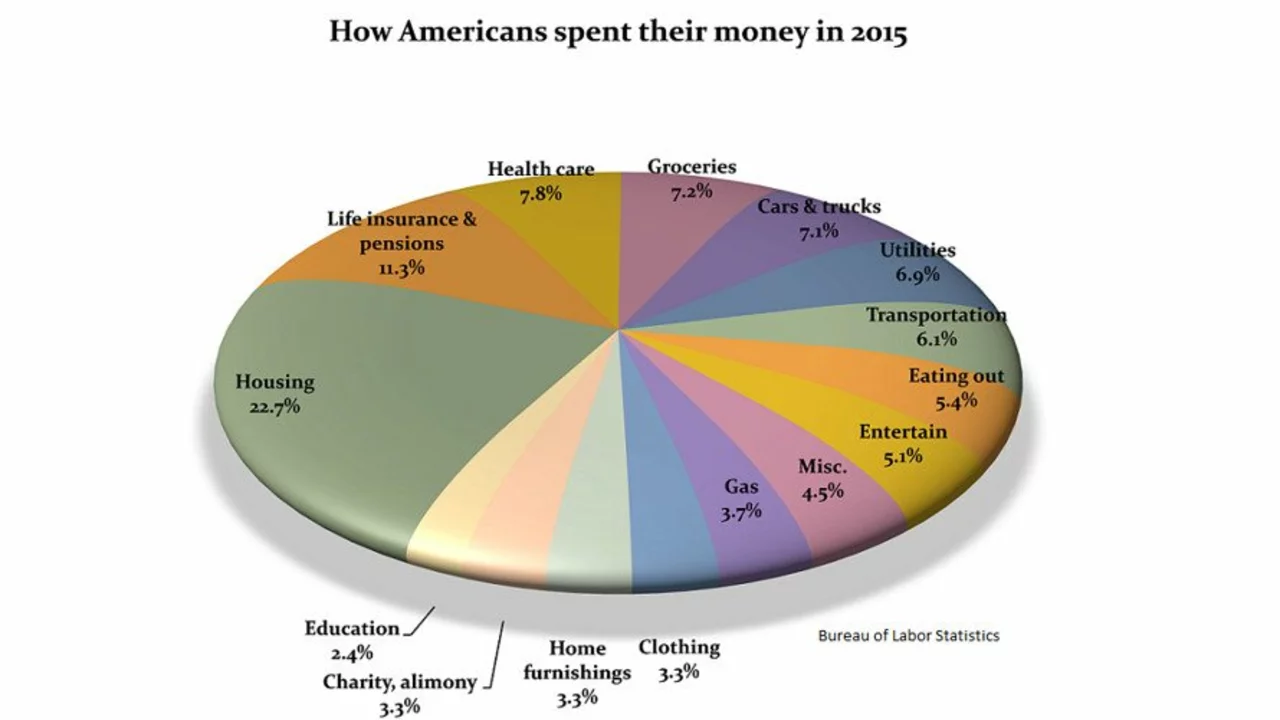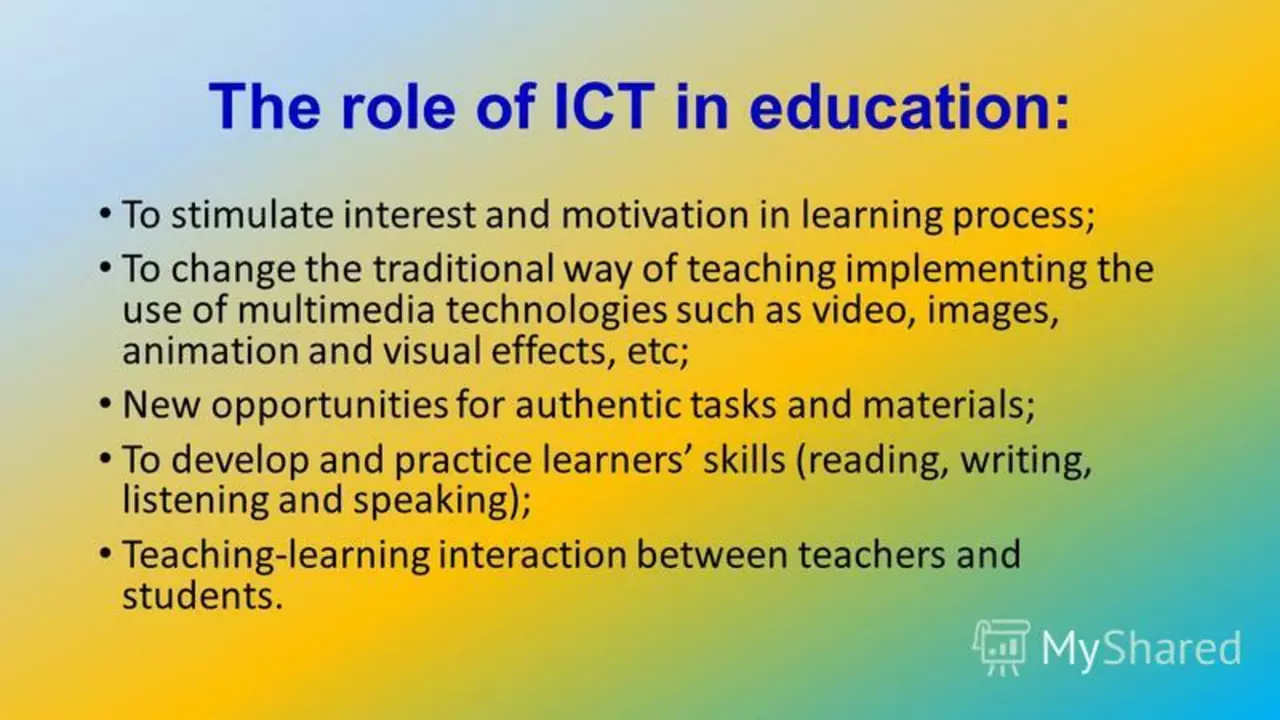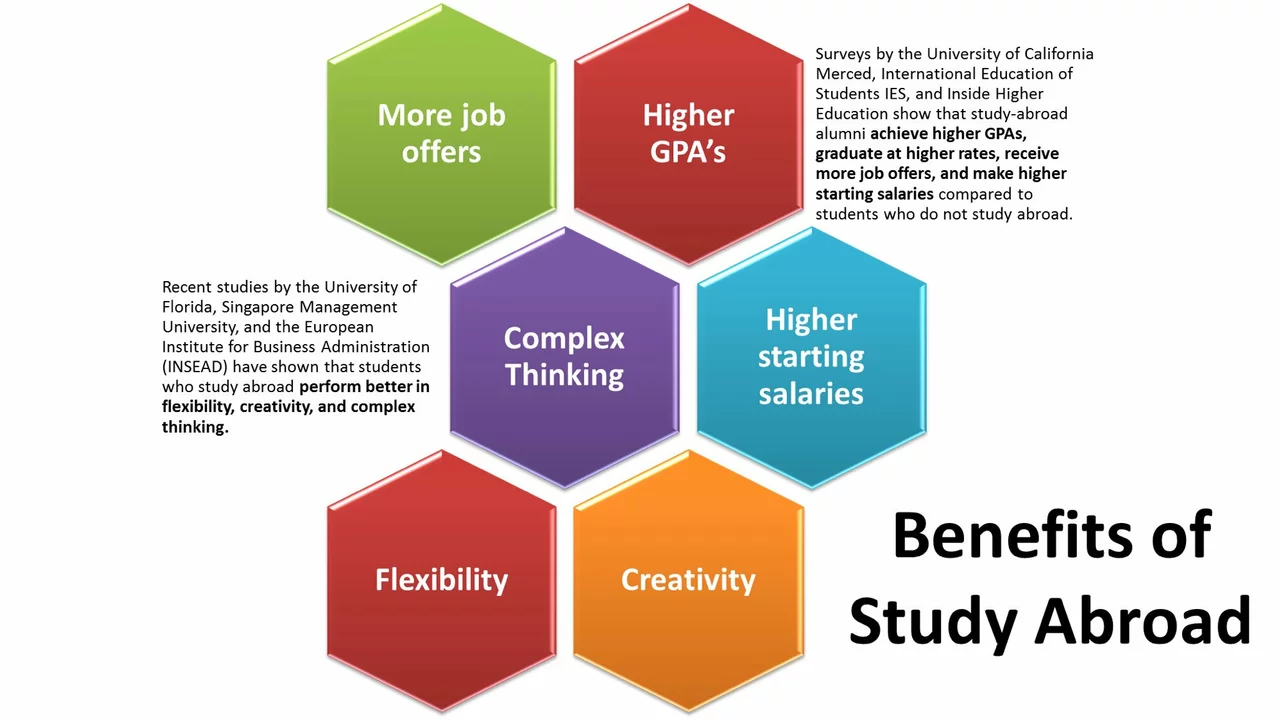LemonAid Education Hub - Page 2

Charlie Ellis Rebuilds at 78: Turner's Rock Fire Spurs a New Home and a Revived SLAM
At 78, Charlie Ellis is rebuilding his marshfront home on Turner's Rock after a 2020 fire destroyed his house and thousands of pieces of outsider art. With electricity and heat now on, he’s pushing ahead while organizing the third year of SLAM, Savannah’s outdoor art market. The event remains free and open to the public, reflecting his long-running commitment to local artists and a family legacy of community service.
View More
YouTube TV adds local channels in more states, reviving the cable playbook
YouTube TV is loading up on local stations across the U.S., adding new CW and subchannel affiliates market by market. The lineup includes KOLO-DT3 in Reno, WMBB-DT2 in Panama City, KELO-DT4 in Sioux Falls on September 20, and WWTI-DT2 in Watertown in November 2025, with more in Missouri and Maine. The move leans on an old cable truth: locals matter for news, weather, and sports.
View More
Which kind of education should we provide to our little ones?
Well, howdy folks! Let's dive into the whirlwind of educating our kiddos, shall we? Whoosh! In my humble opinion, we should be packing their tiny brains with a colorful mix of practical life skills and academic knowledge. It's like making a brain smoothie - blend some maths with washing their own socks, stir in science with cooking an egg. Voila! And let's not forget the secret ingredient - creativity! Throw in the arts, music, dance, and drama, to make learning as exciting as a roller coaster ride. After all, we're raising little Einsteins, not robots!
View More
Is UIC a good college for a degree in education?
Hey there, fellow knowledge-seekers! So, you're considering a degree in education at UIC? Great choice, my friend! UIC, or as I like to call it, the "University of Incredible Chances", is an amazing place for budding educators like you and me. It's like the Avengers Tower of education degrees - brimming with diverse, high-quality courses, world-class faculty (they're like the Nick Furys of academia), and a supportive community that'll make you feel like you're part of a superhero team. So, if you're ready to put on your cape and dive into the exciting world of education, UIC is your launchpad!
View More
How is money wasted in the American education system?
In my latest blog post, I delve into the ways money is being wasted in the American education system. We discuss how administrative costs, unnecessary testing, and inefficient technology investments are draining resources. The issue of low teacher salaries despite increasing education budgets is also explored. The system's failure to allocate money where it's most needed, like in classrooms for student resources, is another major point. Lastly, we touch on the lack of financial transparency in the education sector, contributing to the overall wastage.
View More
Why is language important in teaching and learning?
Language is a crucial tool in teaching and learning because it serves as the main channel for sharing knowledge and ideas. It's not just about communicating; it's also about building understanding, shaping our thoughts, and influencing how we perceive the world. In a teaching and learning environment, it fosters engagement, interaction and ultimately, the acquisition of knowledge. Therefore, mastering the language used in teaching can greatly enhance a student's ability to comprehend and absorb the information. It's safe to say that language is the heart of education.
View More
What are some benefits of attaining a higher education?
Higher education brings numerous benefits, both personally and professionally. It opens up a vast array of career opportunities, often leading to higher income potential. Additionally, it fosters critical thinking and problem-solving skills, making us more adaptable in an ever-changing job market. On a personal level, it broadens our worldview, enriches our knowledge, and helps develop our character. Ultimately, higher education is a significant investment in our future that pays off in many ways.
View More
Why is education (or test scores) so low in the United States?
It's quite concerning to see the low education levels and test scores in the United States. One major reason could be the unequal distribution of resources among schools, resulting in underfunded schools and inadequate educational materials. Additionally, many teachers are underpaid and overworked, which affects their ability to effectively teach their students. Furthermore, standardized testing often pushes educators to focus on test preparation rather than fostering critical thinking and problem-solving skills. Lastly, socioeconomic factors, such as poverty and lack of parental involvement, can negatively impact a child's academic performance.
View More
What benefits are there in a Masters in Education degree?
A Masters in Education degree is a wise investment for anyone looking to pursue a career in the field of education. It offers a number of advantages, including increased job security, better pay, and career advancement opportunities. Additionally, a Masters in Education opens up the possibility of higher-level positions, such as Principal or Superintendent. With this degree, you can also gain valuable insight into the latest teaching methods and best practices in the field. Finally, a Masters in Education can open up a world of networking possibilities, allowing you to connect with other professionals in the field. Ultimately, a Masters in Education degree can help you develop the skills and knowledge to become a successful educator.
View More
How does the curriculum differ from the educational program?
The curriculum and educational program are two distinct, yet related, concepts. Curriculum is a set of courses and learning activities that are taught in a school or college, while an educational program is a comprehensive plan for learning that includes curriculum, as well as other activities and experiences, such as field trips, extracurricular activities, and internships. The curriculum focuses on the knowledge and skills that students need to learn, while the educational program provides an overall framework for learning and development. The curriculum is more specific, focusing on subject-specific concepts and skills, while the educational program is broader and considers the whole learning experience. Both are important for providing students with the skills and knowledge they need to succeed in the future.
View More